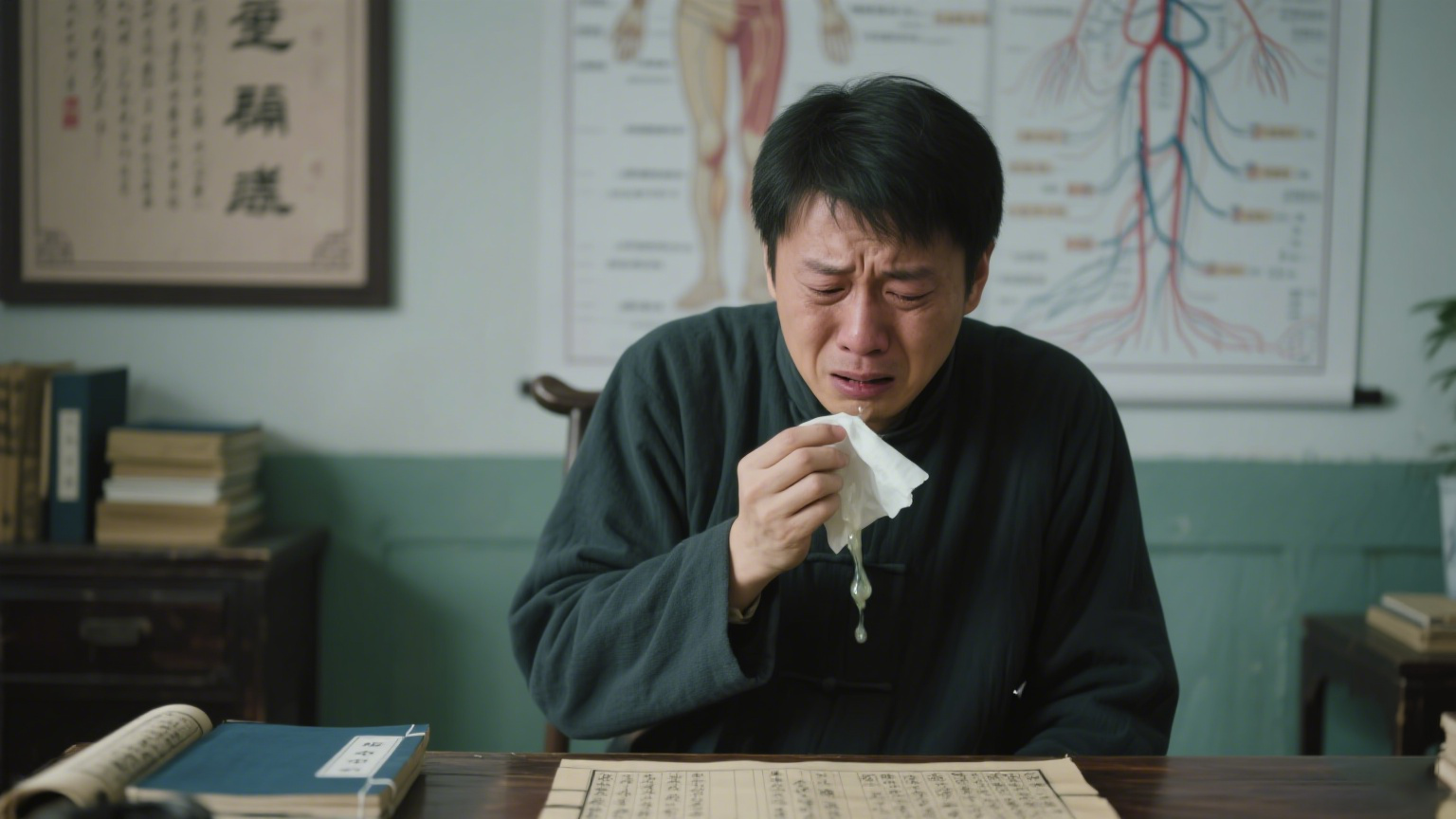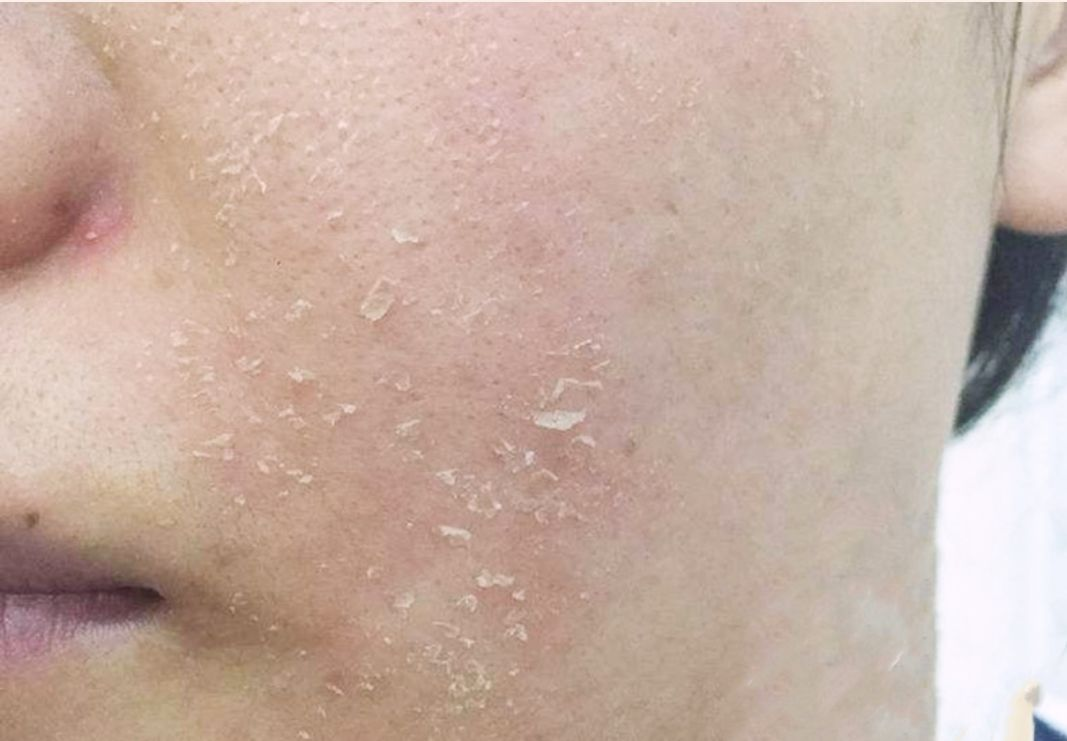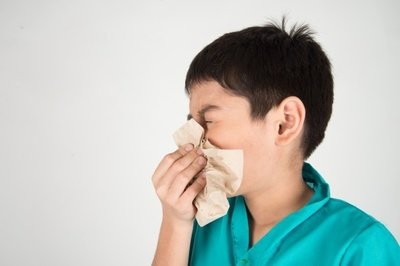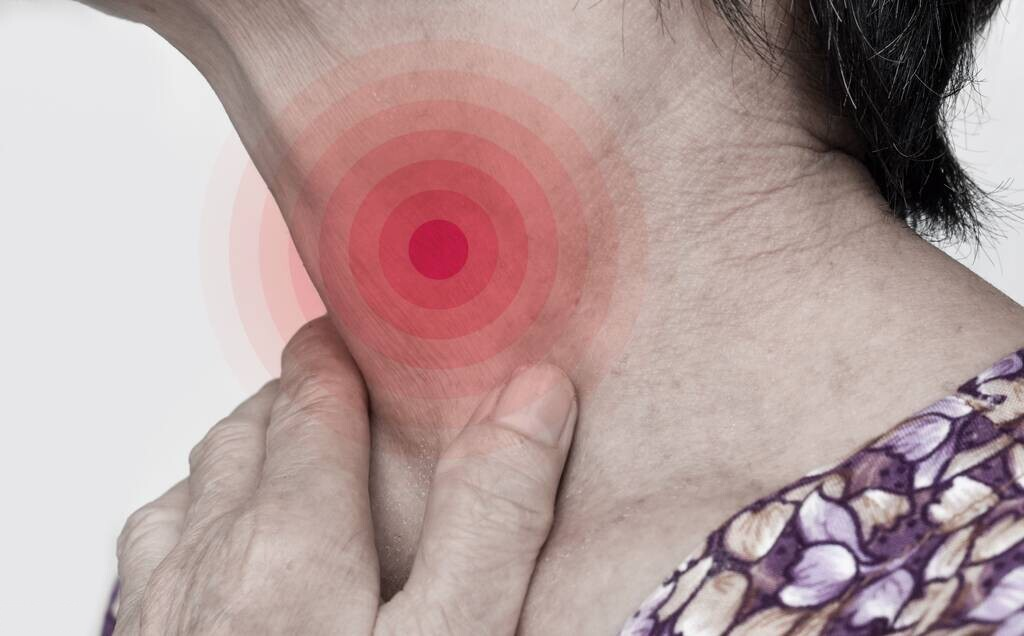TCM Perspectives and VerdantGuard's Care Plan
In Traditional Chinese Medicine (TCM) theory, "the lung is like a canopy, governing qi and controlling respiration, and externally connecting with the skin and hair." The lung is like an "umbrella" covering the five zang-organs and six fu-organs, in charge of the generation and operation of qi throughout the body, responsible for breathing, and closely related to the skin condition. For people who are used to a fast-paced life, often exposed to air pollution, and prefer spicy and stimulating diets, the signs of lung dysfunction are often more prominent and require timely attention.
Typical Signs of Poor Lung Function, Hiding TCM "Lung Function Signals"
Frequent Coughing and Phlegm: Manifestations of Impaired Lung Dispersion and Descension, and Internal Accumulation of Phlegm-Dampness
Many people, due to long-term exposure to air-conditioned environments, smoking, or second-hand smoke, are prone to frequent coughing — coughing worsens in the morning or at night, sometimes dry coughing without phlegm, and sometimes coughing up thick phlegm, which is yellowish or white in color. As shown in the following picture depicting frequent coughing:
From the perspective of TCM, this is mostly a sign of "impaired lung dispersion and descension" and "phlegm-dampness obstructing the lung." The lung is responsible for dispersion and descension. If this function is disturbed, the metabolism of body fluids is disordered, which will condense into phlegm and cause coughing. In addition, fried foods and sweets commonly found in the diet tend to generate phlegm-dampness, further increasing the burden on the lungs and making the problem of frequent coughing and phlegm recurrent. When phlegm appears, as shown in the following picture depicting coughing up thick phlegm:
Dry Skin and Allergies: Reactions of Lung Connecting with Skin and Impaired Lung Qi Dispersion
Dry skin, itching, and allergies are common among people, especially in autumn and winter. TCM believes that "the lung connects with the skin and hair." Sufficient lung qi makes the skin moist and elastic, while weak lung qi or lung dryness leads to malnutrition of the skin and hair, manifested as dry and flaky skin, easy occurrence of red rashes, and prone to allergic rhinitis or asthma after exposure to pollen and dust mites. The state of dry skin can be intuitively seen in the following picture:
When the skin is allergic, it often presents such a state, as shown in the following picture depicting skin allergies:
Many people frequently use moisturizing skin care products but have poor results, which is actually ignoring the conditioning of the lung, the "source."
Shortness of Breath, Fatigue, and Low Immunity: Manifestations of Lung Governing Qi and Qi Deficiency
Some people get out of breath even with slight exercise, always feel short of breath when climbing stairs or running, and tend to feel tired and weak in daily life. From the perspective of TCM, this is a manifestation of "insufficient lung qi." As shown in the following picture depicting shortness of breath and fatigue:
The lung governs qi and controls respiration. Weak lung qi weakens respiratory function and reduces qi generation, leading to a decline in overall bodily functions and immunity. Such people are prone to repeated colds and respiratory infections, especially when the seasons change.
Dry and Stuffy Nose, and Throat Discomfort: Warnings of Lung Opening into Nose and Throat Being the Gateway of Lung
In winter, heating is often used, making the indoor air dry. Coupled with the stimulation of cold outdoor air, many people experience dry nose, stuffy nose, runny nose, and often have dry, itchy throats with a foreign body sensation. TCM believes that "the lung opens into the nose, and the throat is the gateway of the lung." Lung dysfunction directly affects the state of the nose and throat. The state of dry and stuffy nose is shown in the following picture:
For throat discomfort, please refer to the following picture: as shown in the following picture depicting throat discomfort:
Lung dryness causes dry nose and sore throat; lung cold causes stuffy nose and runny nose. These are all "distress signals" sent by the lung to the body.
Following TCM "Moisturizing and Dispersing Lung Qi" Concept, VerdantGuard Protects Lung Health
Facing these problems caused by lung dysfunction, TCM emphasizes the conditioning principles of "moisturizing the lung and promoting fluid production, dispersing lung qi and resolving phlegm, replenishing qi and consolidating the exterior," aiming to improve the lung's function as a "canopy" from the root. VerdantGuard dietary supplement oral liquid is precisely formulated based on this concept, with natural herbal essences.
The food-medicine homologous ingredients contained in the product are all classic choices in line with TCM lung-nourishing theory, regarded as good products for nourishing the lung in TCM classics. These ingredients can work synergistically to care for the lung from three dimensions: "moisturizing," "dispersing," and "consolidating": moisturizing lung dryness to improve coughing with phlegm and dry throat; dispersing lung qi to relieve nasal congestion and breathing difficulties; replenishing qi and consolidating the exterior to enhance lung function, improve skin resistance and body immunity.
It is like a "TCM conditioner" suitable for people's constitutions, conforming to the physiological characteristics of the lung, helping the lung restore its normal functions of "governing qi and controlling respiration, externally connecting with the skin and hair," thereby improving various problems caused by poor lung function.
For people who value the quality of life, nourishing the lung is an important part of maintaining health. Choose a conditioning method that follows TCM wisdom, let VerdantGuard be your lung health partner, protect this "umbrella" from the inside out, and enjoy fresh breathing and a healthy state.








